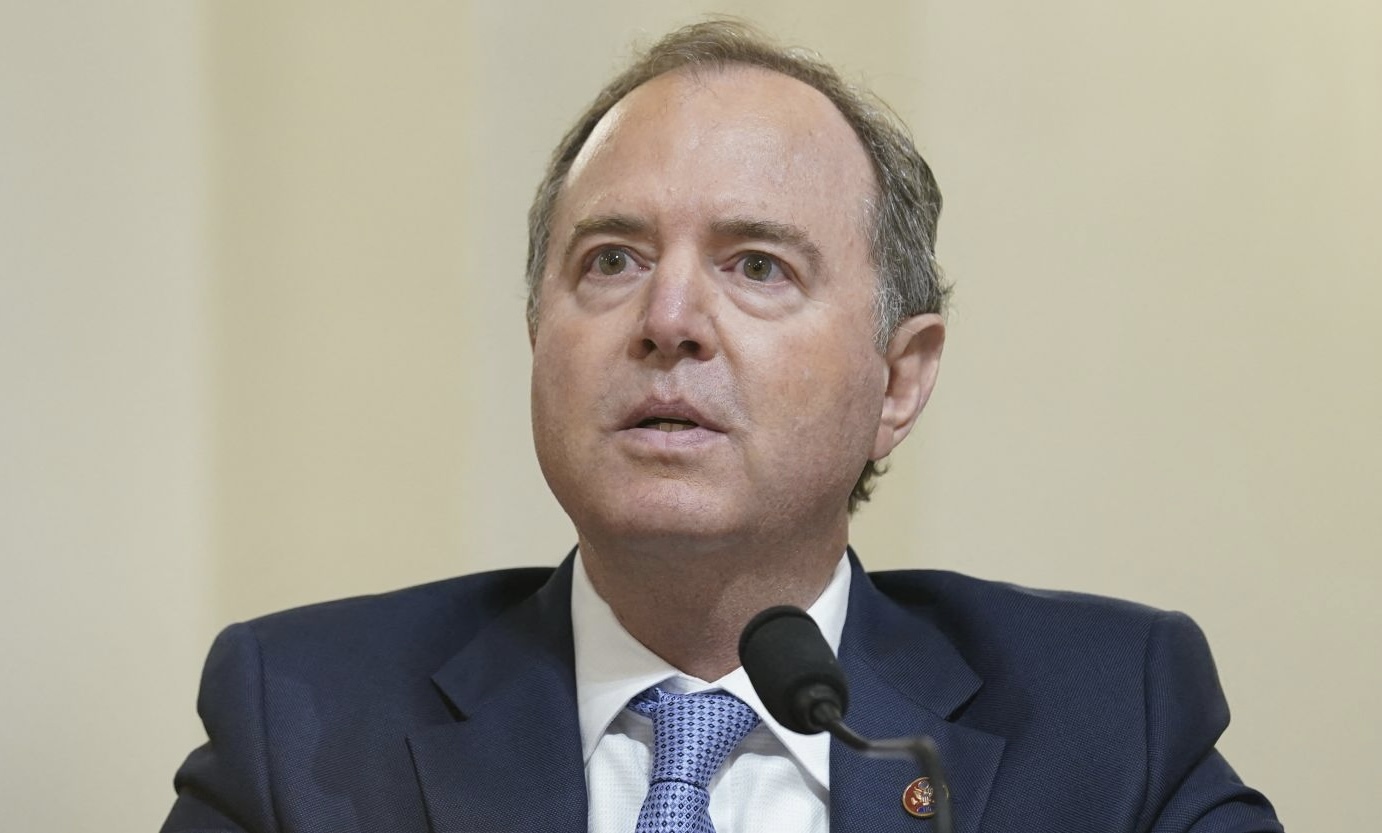Rep. Barry Loudermilk Announces Formation of New January 6 Select Committee
In a recent interview with CNN, Republican Representative Barry Loudermilk of Georgia revealed that House Speaker Mike Johnson plans to establish an official select committee to continue investigating the events of January 6. This move is part of a broader effort by Republicans to expand on the inquiries initiated in the previous Congress, aiming to delve deeper into the Capitol attack and hold those responsible accountable.
A Step Toward Formalization
Rep. Loudermilk outlined that significant discussions have already taken place about the structure of the new committee, although some details are still being finalized. One key feature emerging from these conversations is Speaker Johnson’s commitment to maintaining a high level of control over the committee’s composition and operation. As a select committee, this temporary body will focus exclusively on the events of January 6, an issue Republicans have emphasized as critical to ensuring accountability for the attack on the Capitol.
Select committees are typically formed to address issues of national significance, and this case is no different. By formalizing the inquiry into the Capitol attack, Republicans aim to build upon the previous investigations while possibly providing a more concentrated and focused response to the findings that have surfaced thus far. This formalization could help ensure the investigation continues with greater momentum and clarity.
Expanding the Scope of the Investigation
Rep. Loudermilk, who has been actively involved in investigating the Capitol attack, emphasized that establishing the select committee would demonstrate a renewed commitment to thoroughly examining the events of January 6. The new committee is expected to go deeper than earlier investigations, looking more closely at the factors that allowed the attack to unfold and identifying any potential failures that contributed to the chaos. Speaker Johnson’s role in overseeing the committee would likely allow for a more focused investigation, with the Speaker guiding its priorities and methods to ensure a streamlined approach.
This centralized control is seen by some Republicans as a way to prevent the investigation from becoming bogged down in partisan disagreements or diverging from its intended purpose. They believe that tighter oversight would help keep the investigation on track, ensuring it remains effective and aligned with their goal of holding accountable those responsible for the events surrounding January 6.
Political Considerations
The move to formalize the January 6 inquiry has political ramifications, particularly within the Republican Party. For many GOP members, the establishment of a select committee is viewed as a critical step in continuing to scrutinize the actions and decisions that led to the Capitol attack. They see this as an opportunity to shape the narrative around January 6 and to press for greater accountability in the wake of the attack. This restructuring is part of a broader Republican strategy to push the investigation further, with a view to addressing perceived failures and reinforcing their stance on the issue.
However, critics argue that the concentration of power in the hands of Speaker Johnson could politicize the inquiry. They express concerns that his level of control could skew the investigation, prioritizing political interests over an impartial and thorough examination of the facts. This debate highlights the deep partisan divide over how the events of January 6 should be handled and what the appropriate level of accountability should be.
Looking Ahead
As discussions around the formation of the select committee continue, attention is focused on how the new committee will be structured and what its precise objectives will be. For House Republicans, the goal is clear: to continue the investigation into January 6 while ensuring it aligns with their focus on accountability and reform. Speaker Mike Johnson’s commitment to formalizing the inquiry signals that Republicans are determined to address the attack on the Capitol in a way that suits their broader political objectives.
The formation of this new select committee will undoubtedly influence the direction of the investigation moving forward. As the debate progresses, the critical question will be whether this restructuring leads to a more effective pursuit of accountability or exacerbates existing partisan divides. The outcome of this effort will play a significant role in shaping the ongoing narrative about the events of January 6 and how they are handled by Congress.
In Conclusion
Rep. Barry Loudermilk’s announcement that Speaker Mike Johnson plans to formalize the January 6 inquiry with a new select committee represents a pivotal moment in the investigation into the Capitol attack. By instituting tighter oversight and potentially granting the Speaker more control over the committee’s operations, this move is expected to have a lasting impact on the future of the investigation. As this new phase of the inquiry takes shape, the question remains whether it will lead to a more effective pursuit of justice or deepen partisan rifts. Only time will tell how this select committee ultimately influences the political and historical legacy of the January 6 events.
What are your thoughts on the formation of the new select committee? Join the conversation and share your views on the future of the January 6 investigation.
